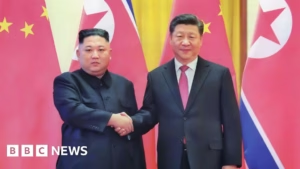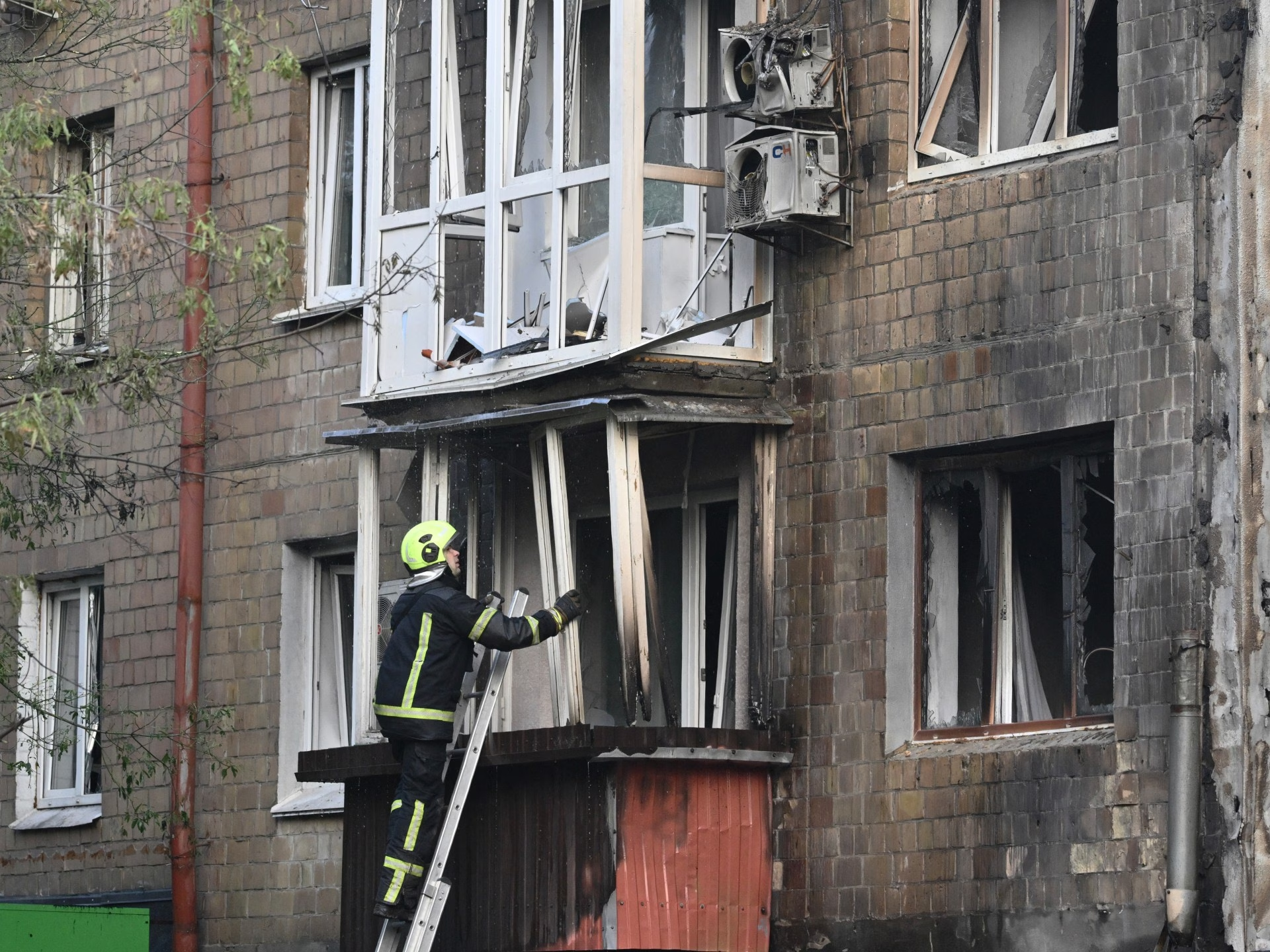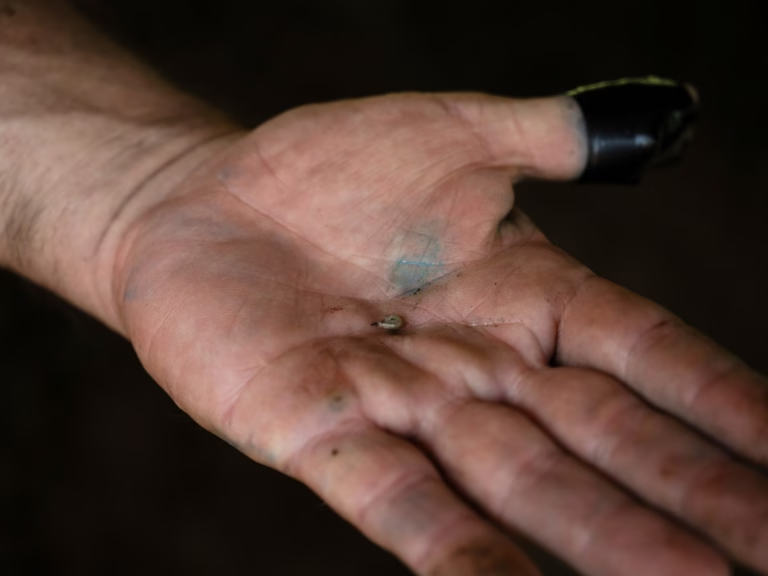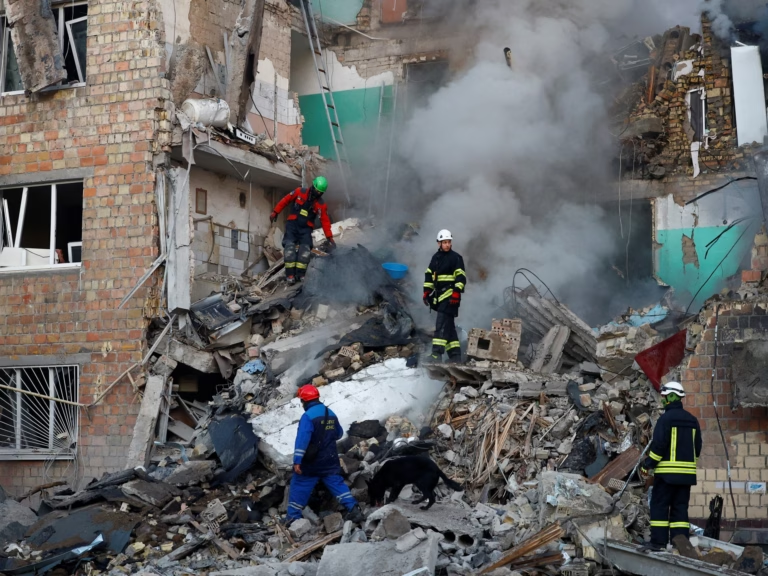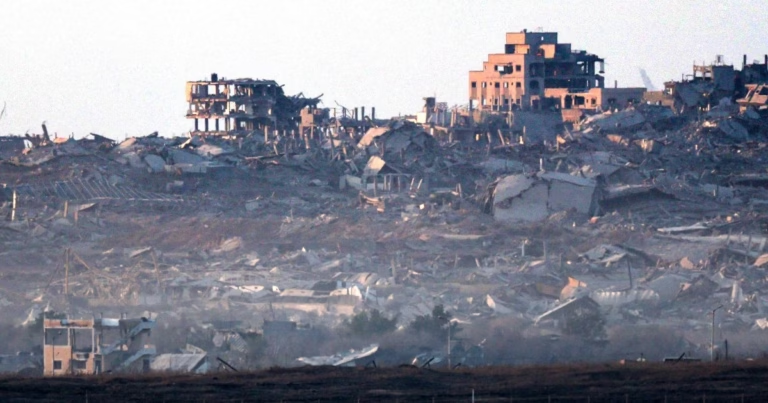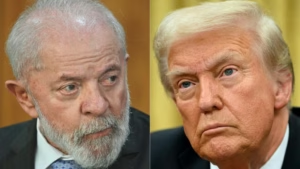Here are the key events on day 1,233 of Russia’s war on Ukraine.
Fighting
- Russia’s intensification of drone and missile attacks on Ukrainian cities led to a three-year high in the number of civilians killed or wounded in June, the United Nations reported. The UN confirmed at least 232 fatalities and 1,343 injuries during the month – the highest combined casualties since April 2022.
Russia launched heavy air strikes on Ukraine, resulting in two deaths and 26 injuries, before a conference in Rome where Kyiv secured billions of dollars in aid commitments, and US-Russia discussions where Washington expressed frustration with Moscow over the conflict.
- Ukrainian President Volodymyr Zelenskyy stated that Russia’s latest onslaught involved approximately 400 drones and 18 missiles, chiefly targeting the capital.
- Russia’s Ministry of Defence claimed to have hit “military-industrial” targets in Kyiv as well as military airfields, denying that civilians were targeted, although numerous towns and cities have been affected resulting in thousands of deaths.
- Moscow’s Mayor Sergei Sobyanin reported that Russian air defences had shot down four Ukrainian drones heading towards the Russian capital. Operations at three airports in the Moscow area – Domodedovo, Vnukovo, and Zhukovsky – were temporarily suspended but later resumed, according to Russia’s aviation authority.
- In the Kursk region in western Russia, Acting Governor Alexander Khinstein stated that a Ukrainian drone killed a man in his home, days after four people died in a drone attack on the city’s beach.
- Russia’s Defence Ministry specified that 14 drones were shot down over the Bryansk region and another eight over the Belgorod region, which border Ukraine. A subsequent bulletin stated that 26 Ukrainian drones were destroyed over the Kursk and Bryansk regions.
The Vatican’s embassy in Kyiv sustained minor damage during Russian attacks on the Ukrainian capital on Thursday, as reported by the embassy. Archived footage shown drones circling the embassy grounds and heard several explosions.
Weapons
United States President Donald Trump, for the first time since his return to office, will send weapons to Kyiv under a presidential power frequently used by his predecessor, two sources familiar with the decision told Reuters. The package may include defensive Patriot missiles and offensive medium-range rockets, the sources mentioned.
Britain’s Deputy Prime Minister Angela Rayner has finalized a previously announced agreement to provide Ukraine with over 5,000 air defence missiles from Thales. Prime Minister Keir Starmer initially announced this deal on March 2.
Politics and diplomacy
- Participants at a Rome conference on Ukraine’s economic recovery pledged more than 10 billion euros ($11.7bn) to support the war-impacted nation, Italian Prime Minister Giorgia Meloni announced.
Meloni asserted that Russia should face harsher sanctions to escalate pressure on ending the war in Ukraine. She also stated that firms facilitating Russia’s war funding through business operations should be barred from profiting from Ukraine’s reconstruction.
- US Secretary of State Marco Rubio emphasized during his 50-minute talks with Russian Foreign Minister Sergey Lavrov on the sidelines of the ASEAN foreign ministers’ summit in Malaysia that Moscow should display greater flexibility in dealing with Kyiv.
- German Chancellor Friedrich Merz urged President Trump to “remain with us” in supporting Ukraine and Europe. Speaking in Rome, at a Ukraine summit, Merz stated that Germany was ready to purchase Patriot air defence systems from the US and supply them to Kyiv.
- Russian Deputy Foreign Minister Sergei Ryabkov complained about the challenging nature of working with the Trump administration due to their contradictory actions and statements, though Moscow remains committed to improving ties with Washington. He denied any deceleration in efforts to normalize US ties.
France and the United Kingdom agreed to enhance cooperation concerning their respective nuclear arsenals, as these two European countries aim to mitigate growing threats to the continent and handle uncertainty regarding their US ally. This agreement was reached after French President Emmanuel Macron’s three-day visit to the UK.
- The UK announced that Paris will serve as the headquarters for the so-called “coalition of the willing” to support Ukraine during a potential ceasefire, with plans for a future coordination cell in Kyiv.
Zelenskyy stated his intention to replace Ukraine’s ambassador to the US and is considering his defence minister, Rustem Umerov, for the position. He affirmed that the primary goal would be to strengthen Ukraine in its defensive efforts against Russia, emphasizing Umerov’s key role in this endeavor.
- Hungary has summoned the Ukrainian ambassador following a report of a Hungarian-Ukrainian dual citizen’s death during forced mobilization, an allegation Ukraine’s army denies, claiming the death resulted from a pulmonary embolism.
- Beijing remains “verifying” the case of a Chinese father and son detained in Ukraine, accused of attempting to smuggle naval missile technology from the war-torn country. Relations between Kyiv and Beijing, a crucial Russian ally, are strained, with Ukraine accusing China of aiding Russia’s invasion via trade and supplying technology for lethal drone attacks.
Crime
A senior Ukrainian intelligence officer was shot in a residential parking lot in Kyiv, with the assailant fleeing on foot in broad daylight, according to authorities and verified video footage by Reuters. Kyiv’s police indicated efforts to identify the shooter and detain him.
